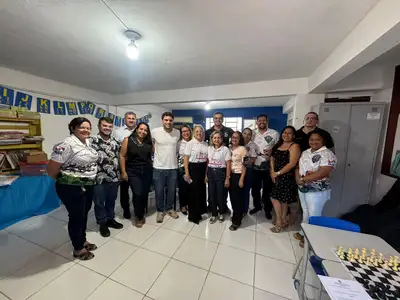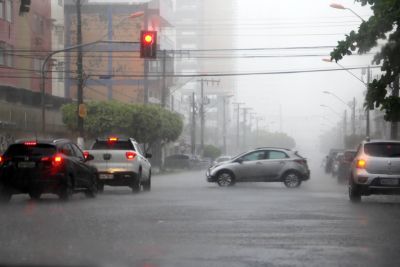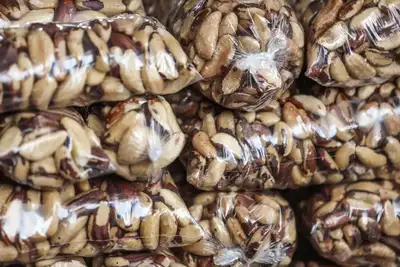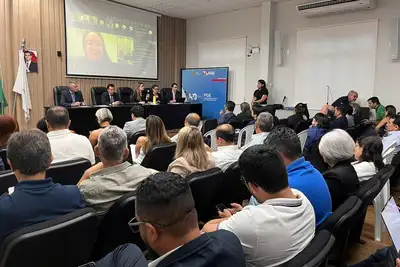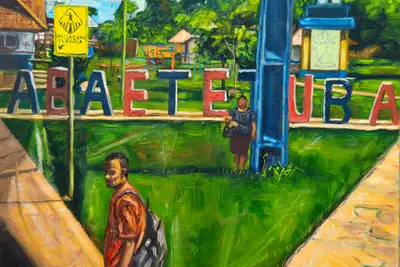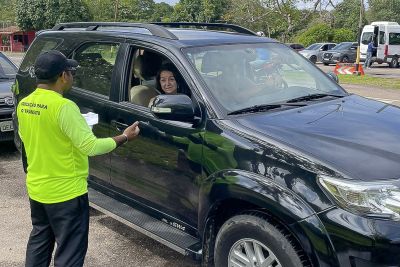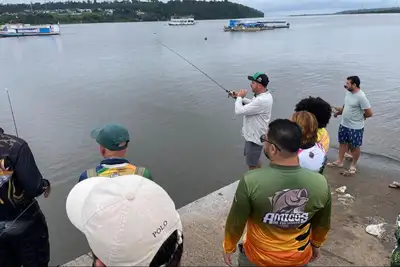Secretariat of Family Agriculture (Seaf) reinforces commitment to sustainability
At COP 30, Seaf promotes a panel and highlights the experiences and challenges of extractive production and healthy food in the climate transition
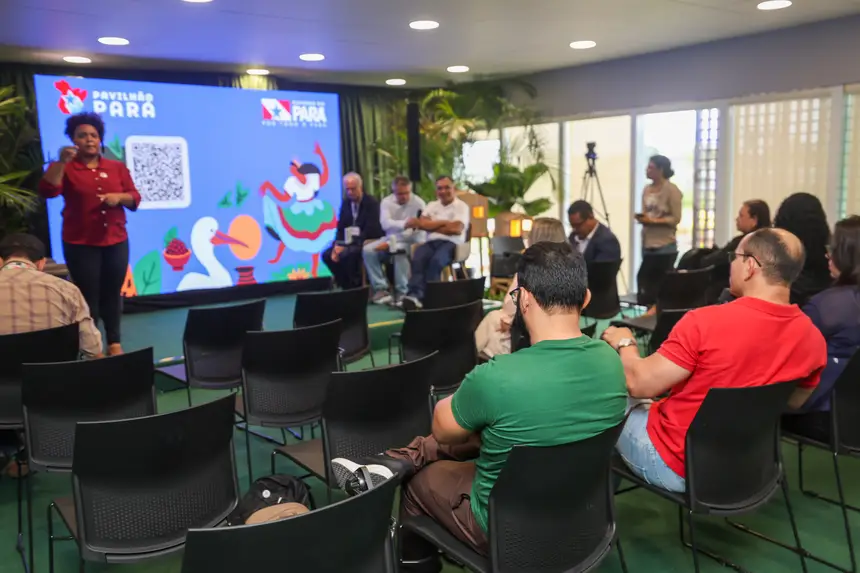
Family agriculture and sustainable extractivism were at the center of discussions on the second day of the 30th United Nations Conference on Climate Change (COP30). The Pará Pavilion hosted, on Monday (10), the panel "Voices from the Field and the Amazon Forest: the challenges of extractive production and healthy food in the climate transition," promoted by the State Secretariat of Family Agriculture (Seaf).
The meeting brought together representatives from cooperatives, researchers, producers, and environmental technicians to discuss sustainable solutions in the face of climate change, with the participation of the cooperatives Acosper (Cooperative of Agroextractivist Workers of Western Pará) and D'Irituia (Agricultural Cooperative of Family Producers from Irituia).
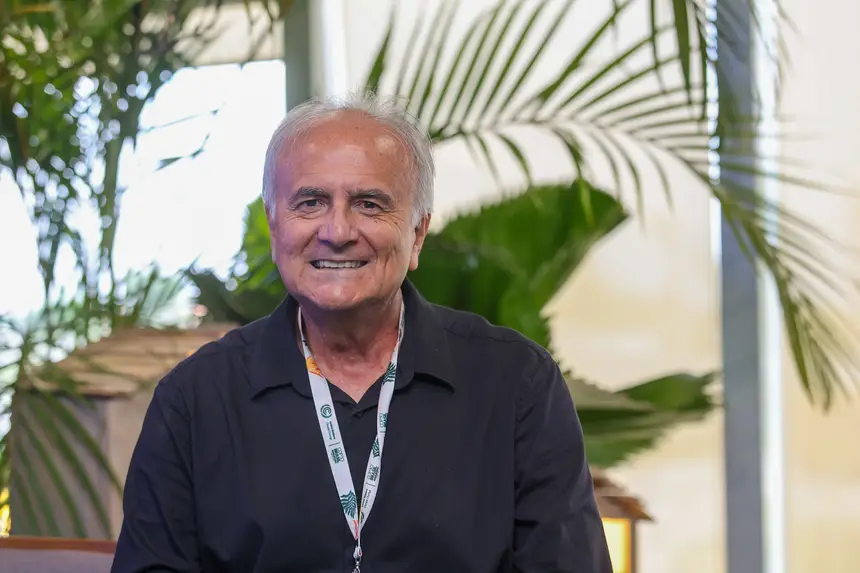
During the panel, experiences were shared by those who live and work directly with the land and the forest, showing that it is possible to produce quality food, conserve the environment, and strengthen the local economy, even in the face of the impacts of the climate crisis.
“Family agriculture is the heart of our sustainable development policy. We have invested in expanding access to credit, technical assistance, and the market, strengthening communities and ensuring healthy food production for families in Pará and for the world,” highlighted the State Secretary of Family Agriculture, Cássio Pereira, who coordinated the debate.
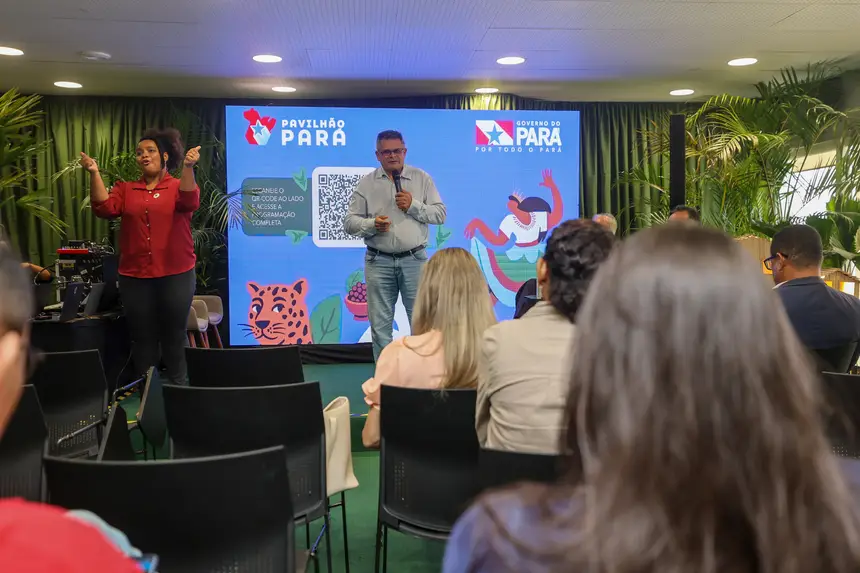
Representatives from the cooperatives presented examples of good practices and initiatives that have ensured income and sustainability in different regions of Pará. The experiences showed how traditional knowledge, combined with sustainable forest management, is essential for climate transition and the maintenance of biodiversity.
Challenges and resilience in the field
The president of the Agroextractivist Cooperative of Western Pará (Acosper), Manoel Edivaldo Matos, highlighted the challenges faced by extractive producers in the Santarém region, especially in recent years marked by extreme drought.
“Our mission was to present a bit of our experience with the extractivism of andiroba, copaíba, rubber, bee honey, and seeds for reforestation. We also showed the challenges we face because of the climate, especially with the extreme drought, which greatly affected the bees, responsible for pollinating the species and for our survival,” explained Matos.
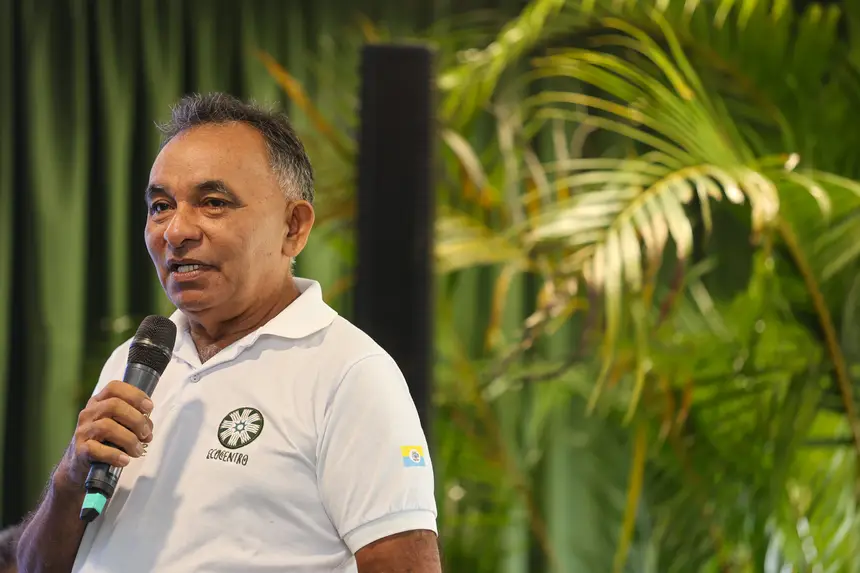
“It has been two years of suffering, 2023 and 2024, with the drought reducing production. Even so, we sought alternatives such as expanding the area of operation, diversifying products, and involving more families to continue producing and sustaining themselves,” he added.
Currently, Acosper brings together 360 cooperative families, in addition to other producers who supply raw materials. Products such as vegetable oils, açaí, and fruit pulps are already reaching new markets and generating income for hundreds of families.
“Our work shows that it is possible to keep the forest standing, as long as there is support, whether in purchasing products, technical assistance, or financing. Being here at COP30 is important because we feel part of something bigger. This is an opportunity to show what we do and what we represent for the Amazon,” stated the president of the Agroextractivist Cooperative of Western Pará (Acosper), Manoel Matos.
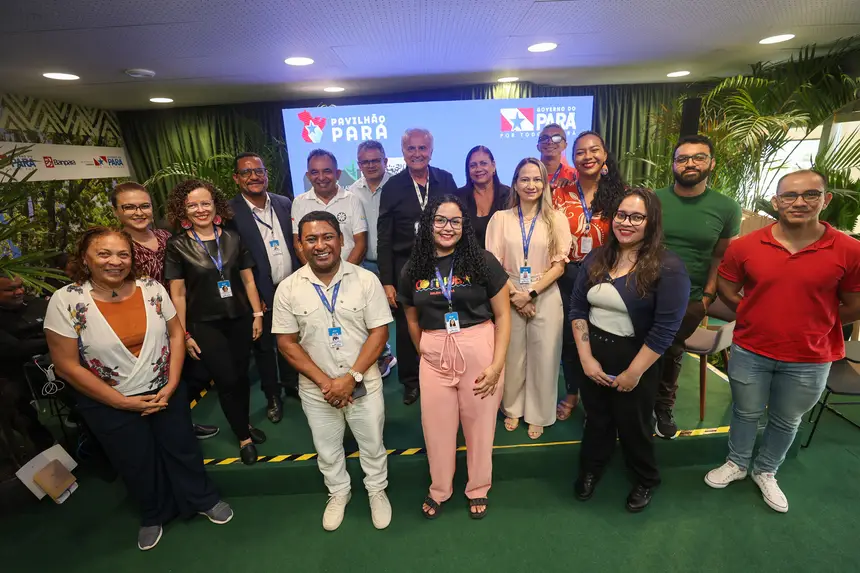
Investments and public policies
Even in the face of the effects of the climate crisis, such as prolonged droughts and forest fires, family farmers in Pará have managed to reinvent themselves with the support of the State Government. Through Seaf and Emater-Pará, they have access to public policies, credit lines, and incentive programs that ensure more structure, productivity, and income in the field.
In 2024 alone, 18,000 National Family Agriculture Registrations (CAF) were issued, benefiting about 85,000 farmers. In addition, R$ 65 million were allocated to family agriculture through funding programs and Pronaf, aimed at production costs, equipment acquisition, and improvements in rural properties.
These investments reinforce the commitment of the Government of Pará to strengthen the green economy and address climate change.
“What we see here today is the recognition of the role of family farmers and extractivists as protagonists of the ecological transition. Each productive backyard, each plot, each extractive community represents a concrete solution to the climate challenges we face,” said Secretary Cássio Pereira.
Commitment to climate transition
Cássio Pereira emphasizes that COP30 has been an essential space to consolidate dialogue between government, producers, and civil society.
“This panel we promoted today, within the programming of the Green Zone at COP30, was an important moment of dialogue among actors in family agriculture, traditional communities, and the State Government, with rich exchanges about how the climate has affected the daily lives of extractivists and farmers. We observed changes in harvests, planting times, flowering, and even in forest products, such as honey, nuts, andiroba, copaíba, and cassava flour,” he emphasized.
According to the secretary, the public policies developed by Seaf, in coordination with the State Plan Amazon Now, have guaranteed concrete solutions for adapting to new climate realities, focusing on technical assistance, strengthening communities, and regenerating native forests.
Seaf's programming during COP30
Seaf will continue with a broad program during COP30, being present in both the Green Zone and the AgriZone, held at Embrapa's facilities. In total, about 30 participations are planned, including thematic panels, debates, and stands for marketing family agriculture products, strengthening the visibility and protagonism of Pará producers at the largest climate event on the planet.
According to Secretary Cássio Pereira, COP30 has been a strategic opportunity for Pará to reaffirm its commitment to the climate agenda and sustainable development.
“COP30 has been fundamental to strengthen dialogue and reaffirm Pará's commitment to the climate agenda. I take this opportunity to invite everyone to the International Symposium on Family Agriculture and Traditional Communities, which will take place from November 13 to 17, at AgriZone, with about 80 panels and specialists from around the world discussing topics such as technical assistance, water resources, industry, and adaptation. It will be an essential space to understand the reality of the Amazon and the solutions we are building for a just and sustainable climate transition,” concluded the secretary.
Text by Tamiris Amorim



